Key Research Area: Health and well-being
Aalto University’s expertise in health and well-being is broad-based, with strong clusters of research groups such as in medical devices, health AI, neuroscience, and care-facility architecture.
The expertise cluster termed here AI and Data Science is based on formal sciences and is mostly computer science-oriented. It focuses on research into and development of sophisticated methods for data analysis and bioinformatics, such as machine learning and other leading-edge techniques of artificial intelligence (AI). The cluster excludes the hardware basis for digital health information processing, which falls into our health and wellbeing devices expertise.
The subarea is based in Aalto on combining the world-class research activities in ICT, health data science, and bioinformatics by Aalto with the biomedical and further expertise of our region’s medical school at the University of Helsinki (UH), the UH’s biological faculties that complement our own, and the research of partners like the Helsinki and Uusimaa Hospital District (HUS). By this combination, we are further developing a leading European health data research cluster.
In the biological data science theme, we develop advanced analytics algorithms for big data arising in molecular biology and medicine. We particularly focus in developing models for realistic cases where the data may consist, of multiple views instead of tabular format and consist of structured objects.
In the bioinformatics and computational systems biology theme, we develop computational tools to process data sets generated in biomedical and molecular-biology research by state-of-the-art high-throughput measurement technologies such as next-generation sequencing technologies. These technologies enable quantitative analysis of both large-scale (e.g. genome-wide) and smaller-scale (targeted approaches) biological systems. We collaborate with biological and clinical research groups on a number of applications.
In the data-driven healthcare theme, we help tackle the issue of rising healthcare costs, which in developed countries are on the rise due to trends such as aging population and sedentary lifestyles. Advanced analysis of data is perceived as one of the main avenues for curbing the growth of these costs. In this theme, we predominantly employ data sets acquired from the clinical setting of hospitals. We analyze genomic data, imaging data, laboratory data, online-monitoring data, and data from biomedical research on selected diseases.
Via these various approaches, Aalto has considerable success in developing methods for, for instance, biomolecular data, including genome-wide association studies, drug bioactivity and interactions, metabolite identification, and personalized medicine, and in dynamic modeling of biological systems, genome-wide NGS data processing, and molecular-level biomarker discovery.
Furthermore, Aalto develops signal processing and machine learning technologies to automatically detect diseases from humans’ speech. This methodology is a potential preventive healthcare technology to detect diseases such as Parkinson’s at an early stage and to track physiological changes caused by the condition. These technologies are able to assess state of health automatically from recordings conduced in real-life conditions outside hospitals.
Accessible magnetic resonance imaging (AMRI) is a research collaboration between Aalto University Schools of Electrical Engineering and Aalto Arts, Design and Architecture.

MSCA AIDD

This project develops new AI techniques for predicting interactions of objects. Such problems are prevalent in society, found in numerous applications, such as various link prediction problems in social networks, recommendation systems, and heathcare. The project will tackle several key challenges, including improving explainability, efficient use of resources, and reliability of the predictions. The technologies will be rigorously evaluated in practical applications in biomedicine.

FCAI Highlight Program B creates AI tools to tackle real-world problems in healthcare together with expert collaborators from the respective fields.

The research focuses on probabilistic machine learning and computational biology.

CLISHEAT

The aim of this project is to develop machine learning methods that enable reviving drug development, which has currently been significantly slowed down due to a huge increase of development cost. We develop new methods, with which drug design can take into account both the enlarging measurement databases and expertise of the drug developers. The methods will be general-purpose, and will be taken into use widely in other fields as well, in the Finnish Center for Artificial Intelligence FCAI where the research will be carried out.

INTERVENE

The aim of the project is to develop new tools for finding better treatments for complex diseases such a cancer, by finding combinations of drugs that work better than the drugs in isolation, both in terms of the efficacy of the combination therapy in treating the disease and the side-effects. The project will develop and and apply advanced machine learning and optimisation tools to achieve the results.

We develop new methods for probabilistic modeling, Bayesian inference and machine learning. Our current focuses are in particular learning from multiple data sources, Bayesian model assessment and selection, approximate inference and information visualization.

This project addresses the modeling and simulation of progressive changes over time, such as human face aging. By treating the age phases as a sequence of image domains, we construct a chain of transformers that map images from one age domain to the next. Leveraging recent adversarial image translation methods, our approach requires no training samples of the same individual at different ages.

Increasingly large health datasets provide health information at unprecedented scale and details. AI and machine learning hold a great promise to utilize these datasets for improved human health. It is expected that AI techniques will help transforming the general healthcare, where essentially all individuals are treated the same way, into a modern healthcare where each patient receives the treatment that is best for his or her health. Trustworthy, secure and privacy-preserving machine learning methods developed in this project contribute directly towards that goal. We expect to build general AI tools that can be applied across majority of diseases and datasets.

Veturi VL4Pharma

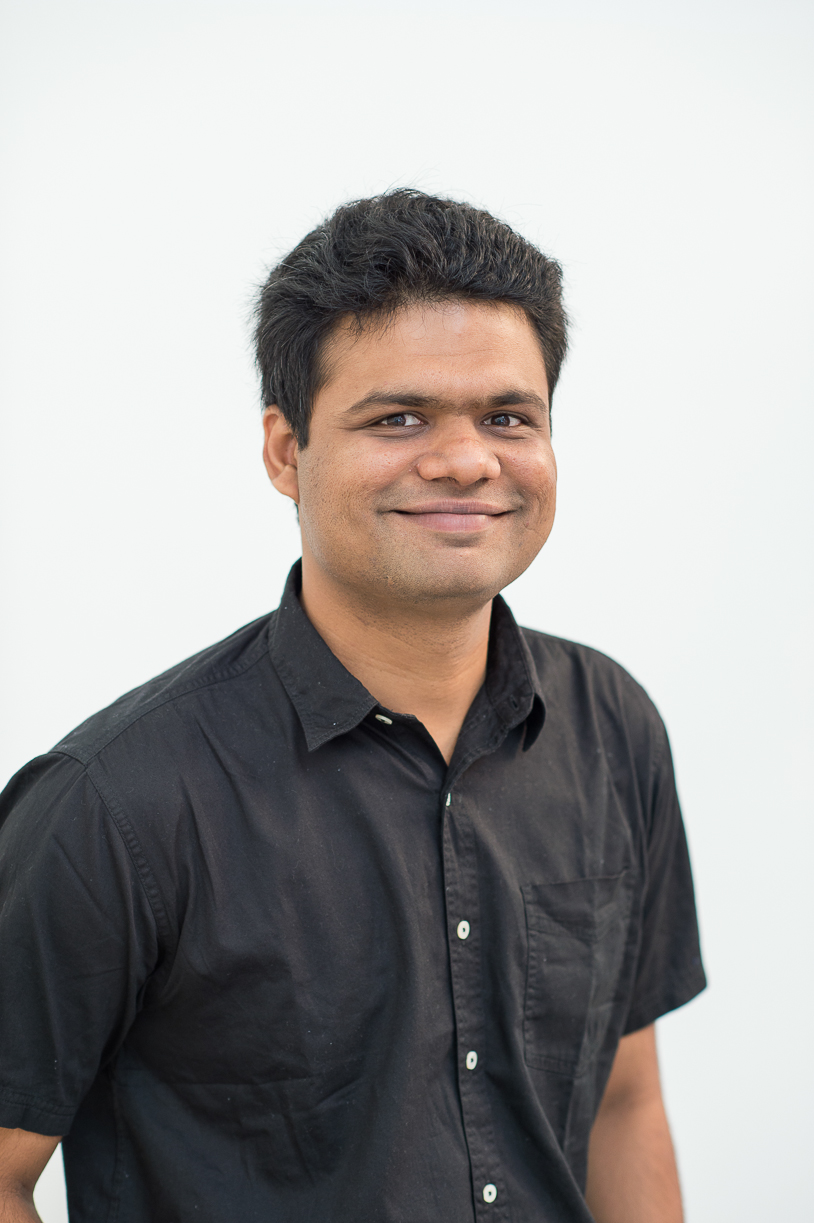
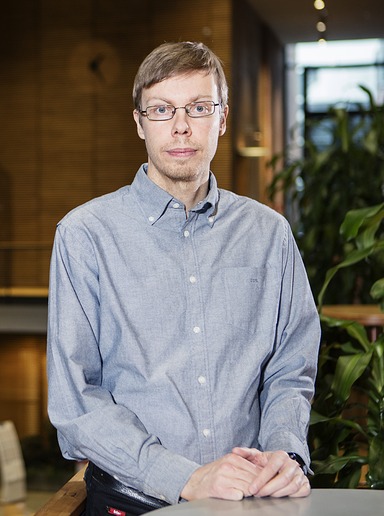
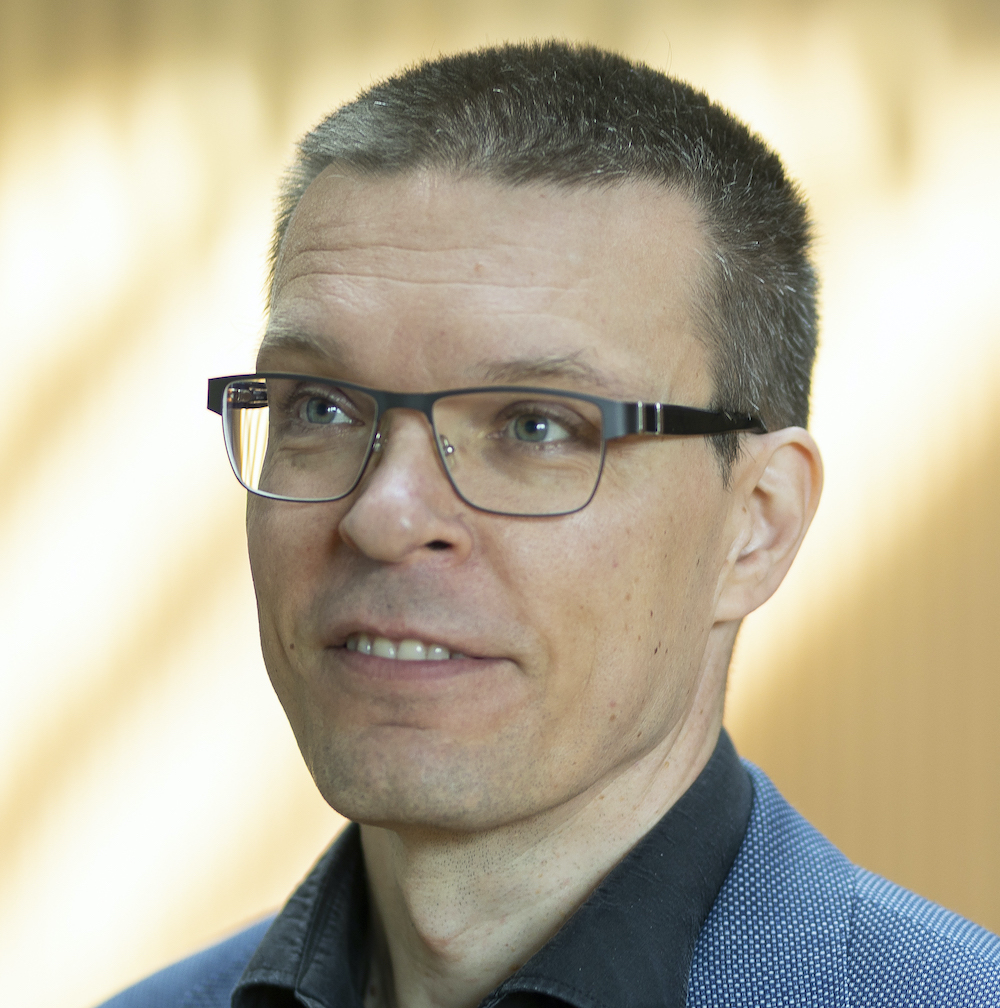
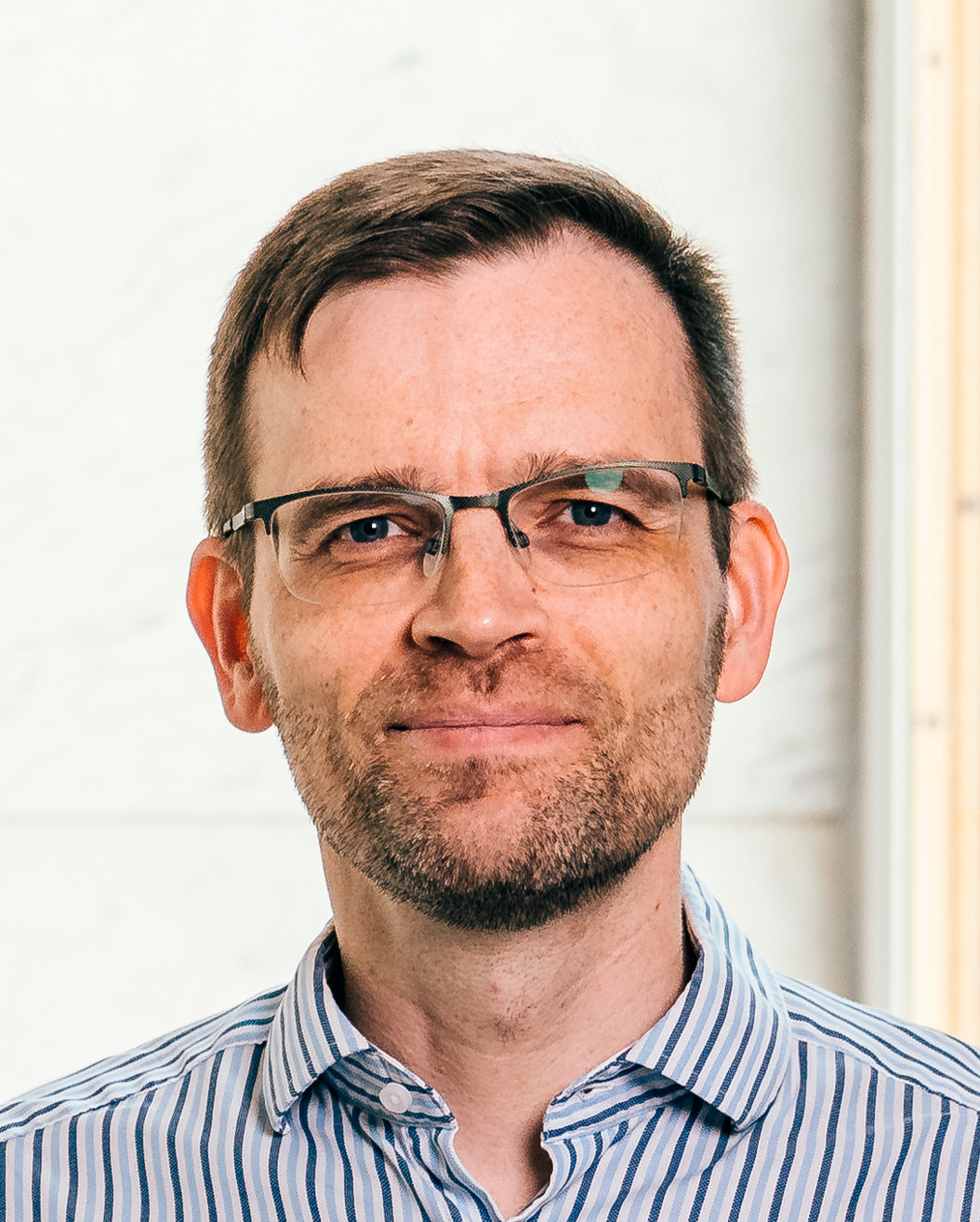

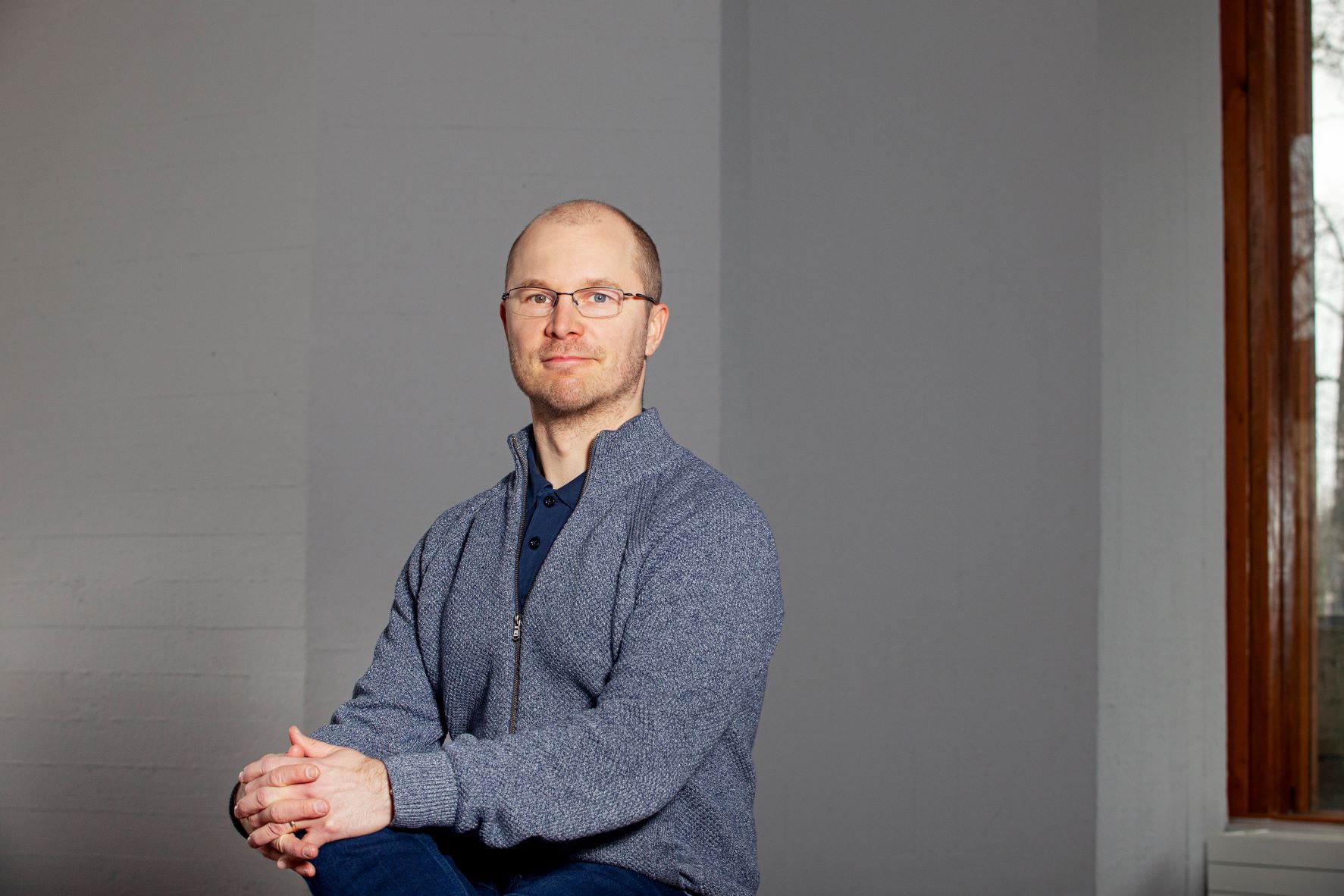



Aalto University’s expertise in health and well-being is broad-based, with strong clusters of research groups such as in medical devices, health AI, neuroscience, and care-facility architecture.

The Aalto Networking Platform brings together research expertise across departments, supporting collaboration both inside and outside of Aalto.